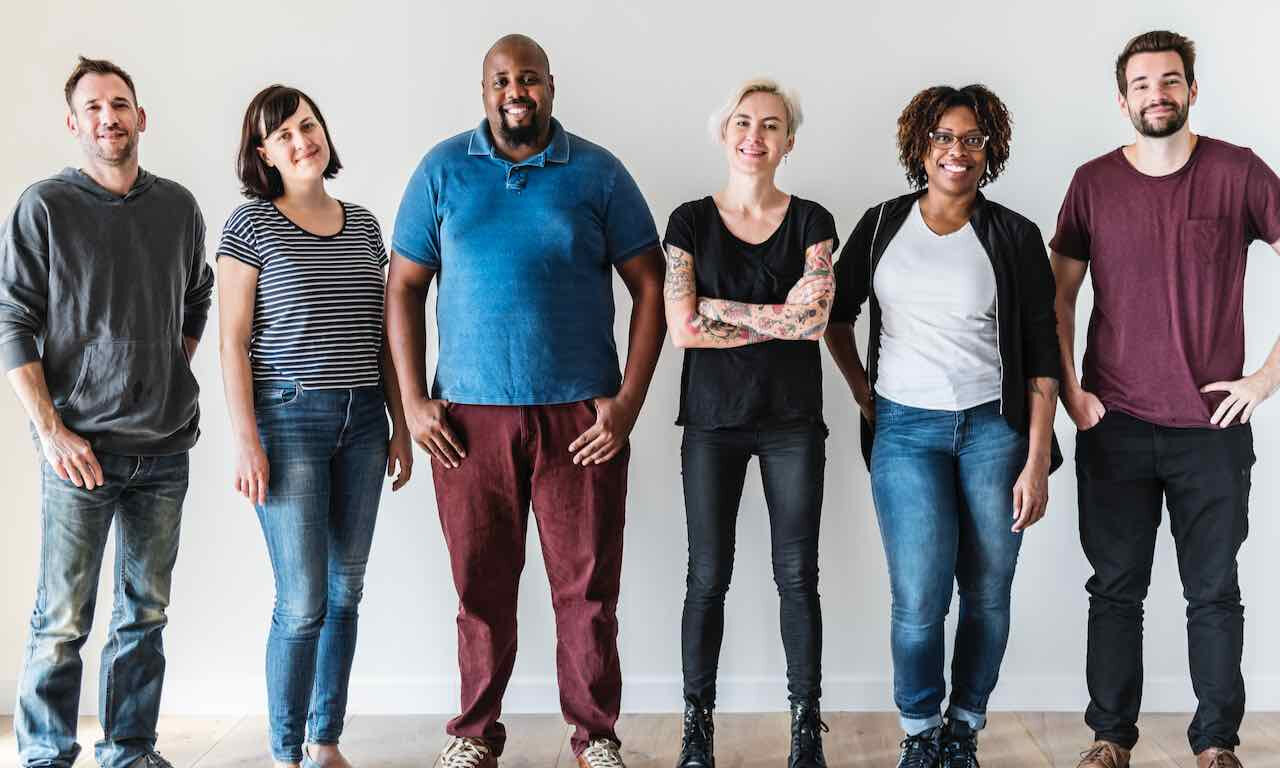Why Regular People are Better Than Politicians
I conducted three media training workshops last week and was amazed at how well people did with their practice interviews at the end of the sessions.
I often tell participants that their interviews were as good as ones that will be on TV that evening, but then I realized most of them are better than what you and I see on television.
So many of the interview clips we see these days are politicians dodging questions and refusing to deal with facts. Maybe that's why the people I work with do better interviews than politicians?
Star Rookies
In the three media training workshops last week, 14-people received training. Only one was a politician and a new one at that. The rest had roles in management and administration.
Almost all had very little experience in doing media interviews. Several had never done a media interview before, but they needed to learn because it was part of their job and they could be called upon to speak to the media.
When I got home, I looked at several of the interviews done during those media training workshops and I was reminded how well everyone had done.
They all answered the questions I was asking, looked at me when they responded, provided the right information and did it all in a professional manner. They were excellent and as good as most of the interviews I see on TV today, if not better.
That made me think about why people who do interviews on a regular basis, like politicians and pro athletes, do it so poorly. The people who I did media training for did better interviews than most of the politicians and athletes I see on TV, who talk to reporters on a regular basis.
Why? How can people with so little media experience do interviews better than politicians who have done dozens of them?
Trying to Sell
I’ll take a little credit for getting the people I work with to do good interviews, but I’m sure the same can be said about the work of a few other media trainers.
The credit really goes to the people who take the training, listen, take notes and then put what they’ve learned into action. It’s not easy and I recognize that. Doing a practice interview in front of your work colleagues is stressful and certainly something people don’t do everyday.
When I see politicians fumble around in media interviews I think there are several reasons why.
First of all, any provincial or federal politician belongs to a party and party policy often dictates what they say.
Sometimes I wonder if they have a difficult time doing an interview because they don’t like what they have to sell to the public. When I do media training, I find that when people are uncomfortable with the answer they’re giving, for whatever reason, they don’t deliver the message as well.
Recently, Alberta Municipal Affairs Minister Ric McIver, a veteran politician, fumbled around at a news conference where he unveiled Bill 20, which will take a number of powers away from municipal politicians. Mount Royal University Political Science Professor Duane Bratt wondered if McIver’s performance was poor because he didn’t agree with much of what was in the bill and had to sell it to reporters and Albertans.
I think Bratt was bang on. When you find it difficult to defend something, it’s pretty difficult to do a good media interview. Party politics puts people into these situations.
Time to Get New People
Another factor in why politicians look so bad in the media is because the people around them give them bad advice.
What else would explain the lame answers they give the media? They refuse to answer even the most basic questions and pivot to talking about something completely different, such as blaming the rival party or leader.
People want to see questions answered, and when politicians refuse they look slippery. Who can trust someone who refuses to answer basic questions about their job?
If the people around them think that’s a better way than dealing with the issues straight on, then they should get new people.
Don't Blame Me
I don’t do media training with provincial or federal politicians. Many people I have worked with tell me I should to help them out.
That’s nice of them to say, but I’m not sure they would listen. Telling a politician to give a clear answer to a question may not be in the best interests of the party, or even their own political future.
I find most provincial and federal politicians receive media training from those who are friends of the party and contribute to political campaigns. I’ve never been interested in doing that. If they want to hire big PR firms that do a little media training on the side, then go for it. I’m sure they do an adequate job.
I do enjoy working with municipal politicians and have done training for about three dozen municipalities across Alberta. They’re well connected to their communities and seem to understand how to communicate, so people can not only understand what they’re saying, but trust it too. The two go hand in hand.
The next time you see a politician on TV dancing around questions from reporters, ask yourself why they’re doing it and whether you would vote for them or their party. I would tend to believe what the real people are saying.


Commentary